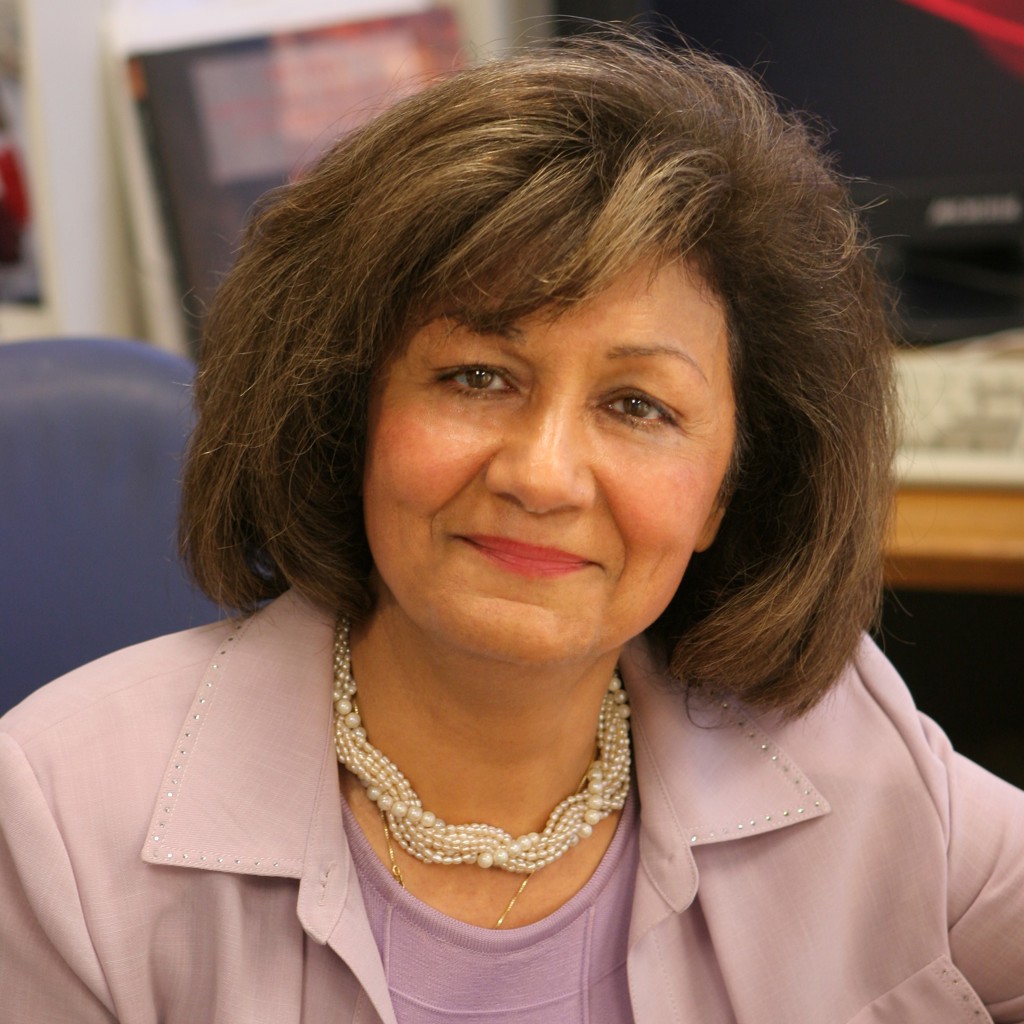Manijeh Razeghi
Northwestern University, United StatesFor pioneering work on optoelectronic quantum devices.

Manijeh’s education started when she was a young girl growing up in Iran. Her parents and grandparents taught her the importance of education and made sure she understood that it was the path to success. Her parents, extended family, and teachers all played a major role in the development of her career and in her life in general.
In school, she was lucky to have many excellent teachers and professors that opened her eyes to the infinite and exciting world of science. When it came time for college, she received a fellowship that allowed her to go to France to study. She studied crystals and the atom, and began to research phase change. It was at this time that she started to ask questions about the applications of phase transition.
In 1981, she went to Thompson-CSF in Orsay, France. She only planned to stay there for a month to conduct some research, but she ended up staying for 10 years. Her desire to return home to Iran was blocked by the Iranian Revolution. Her time at CSF was an excellent opportunity to gain more background knowledge of the field and continue her research. While there she developed fundamental tools that enabled her to achieve high purity semiconductor crystals with a consistency and reliability that was unmatched.
Her research successes led to numerous job offers in 1991. She chose to go to Northwestern University, USA, because of the opportunity to create something new. She asked herself, “Who am I? What can I do? How can I be a role model for others?” Today, she is Walter P. Murphy Professor of Electrical Engineering and Computer Science and Director of the Center for Quantum Devices at Northwestern. She is the founder of the Center and has seen it develop from a mere vision into a world-class research laboratory. In addition to creating the Center, she also developed the department’s graduate and undergraduate programs in solid state engineering.
Manijeh says that discipline, motivation, knowledge, hard work, and curiosity are important in achieving dreams and goals. She advises others to “be curious about science and discover something new every day.” She adds that science is interdisciplinary and therefore researchers need to know at least something about everything. She finds all aspects of science exciting and thinks that discovery and learning are never-ending. She believes that the main objective for all researchers is the same: to understand the world’s problems and figure out how their research can help solve those problems.
Profile written by Jeanette Gass
